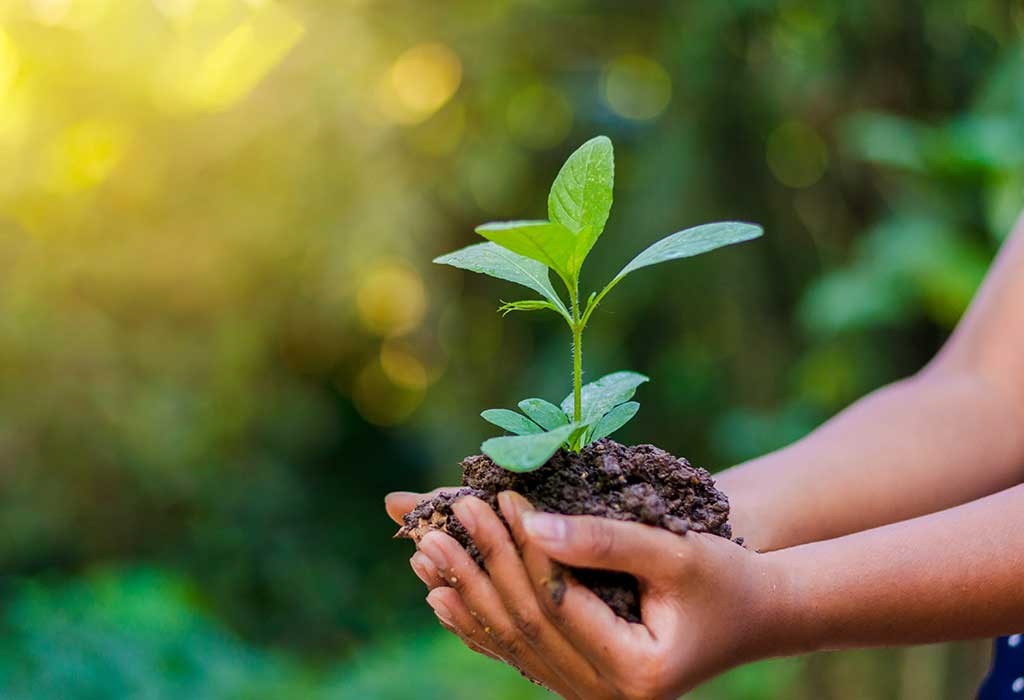8 tips to improve your sustainability at home
To have healthy people, we need a healthy planet. Here’s some small changes you can make in your day-to-day life that can make a big difference.
Simon Dormer, Bupa ANZ’s sustainability advisor, is passionate about sustainability and teaching others how little changes can make big differences. He also leads the implementation of Bupa ANZ’s Healthy Planet Sustainability Plan. To mark World Environment Day – the United Nation’s day for encouraging worldwide awareness and action to protect our environment, Simon shares his simple tips to becoming more sustainable at home.
At Bupa, we recognise that to have healthy people, you need a healthy planet. To help our people and our customers live longer, healthier and happier lives, supporting the health of our environment is critical.
That’s why Bupa is committed to building sustainable, future-proof communities that support the health of our people and customers while minimising our impact through innovation in health and care.
Small actions can improve the environments where we work and live. With many of us working from home, I thought I’d share eight tips on how to improve your sustainability@home.
1. Get local - support your independent and local businesses. You can:
- Have a dedicated night getting take-away or going to a local restaurant.
- Buy items from independent shops with locally or nationally made products.
- Look for companies that have pivoted such as those in the arts and entertainment sector. An example I love is from Stage Kings who have turned from making stages, to producing home office furniture.
2. Get energy smart. You can:
- Review your electricity and gas rates. If you live in Victoria, you get paid $50 just for checking how your electricity and/or gas compares to other rates in your area.
- Be strategic. Run the dishwasher, washing machine and clothes dryer off-peak (typically 11pm to 7am) or at the weekends. Off-peak is cheaper, sometimes by as much as 40 per cent.
- Be mindful of how often you need to wash your clothes. Try airing them outside for a day or two first (under cover). Dry your clothes in a north or west facing area that gets sunlight.
- Don’t overwork your heater. Dress for the temperature inside by wearing jumpers, beanies, slippers. Keep your feet warm too – they cool down more quickly than other areas of your body because they are hairless and their blood vessels easily dissipate heat. Your head is responsible for up to 10 per cent of your heat losses.
3. Get water smart – your water bills are going to rise. You can:
- Get to know your washing machine. The short cycle may give you the same clean clothes outcome as longer cycles. It uses less electricity and less water. Think of it like your dishes – do you have oil caked on your clothes (longer wash with more detergent) or breadcrumbs on a plate (quick rinse with minimal need for detergent)? Give it go.
- If you run the shower to let the water get warm, use a bucket to capture this water and use it in your toilet or garden.
- When you rinse your fruits and vegetables, save that water and use it on your houseplants.
4. Get gardening – by connecting with nature you can help improve your mental health and benefit from getting more active too. can grow:
- Herbs in small pots on your window sill.
- Vegetables in containers such as lettuce, radishes, broadbeans, carrots even potatoes.
- Carrots, bok choy and leeks can be regrown by replanting the ends (and in some cases, you can eat the leaves too). Check out these tips…
5. Get indoor plants. These release oxygen, may help remove some indoor air pollutants and caring for your indoor plants can help you feel more relaxed. Here are a few varieties that don’t need direct sunlight:
- Devil’s Ivy
- Zanzibar Gem
- Peace Lily
6. Get composting – there are a myriad of composting systems out there, even for apartment dwellers. You can:
- Buy a composting system at a reduced rate from Compost Revolution.
- Donate your waste to someone with spare capacity via sharewaste.com/.
- Compost your scraps by digging the scraps into your soil to replace the nutrients (trench composting). You may even get an unintended (vegetable) outcome from it….

7. Get upcycling – this is where you change the use of something that you don’t need or use and make it into something you do use. You can:
- Turn a torn pair of jeans into a draft excluder or door snake.
- Use plastic supermarket food containers or a takeaway coffee cup to grow seeds in.
8. Get your biodiversity going. You can:
- Avoid using chemicals such as herbicides and insecticides in the garden.
- Use native and Indigenous plants in your garden.
- Create an insect hotel to support beneficial insects such as solitary bees (pollinators) and wasps (garden pest control).
More details on the above and other great resources can be found at the Sustainable Gardening Australia website.
Media reference number: 20/064

